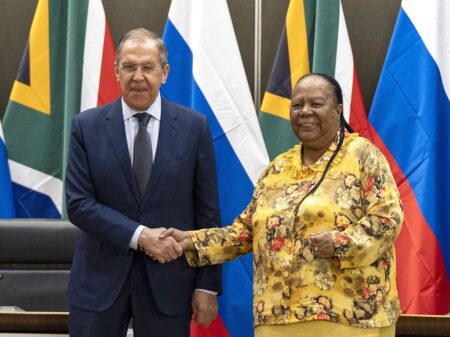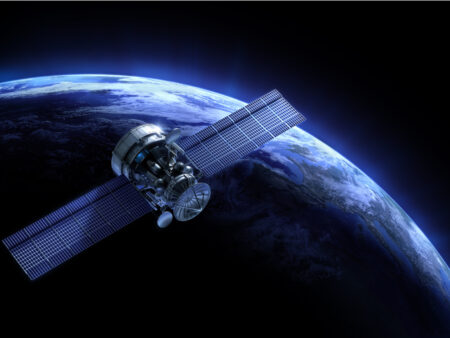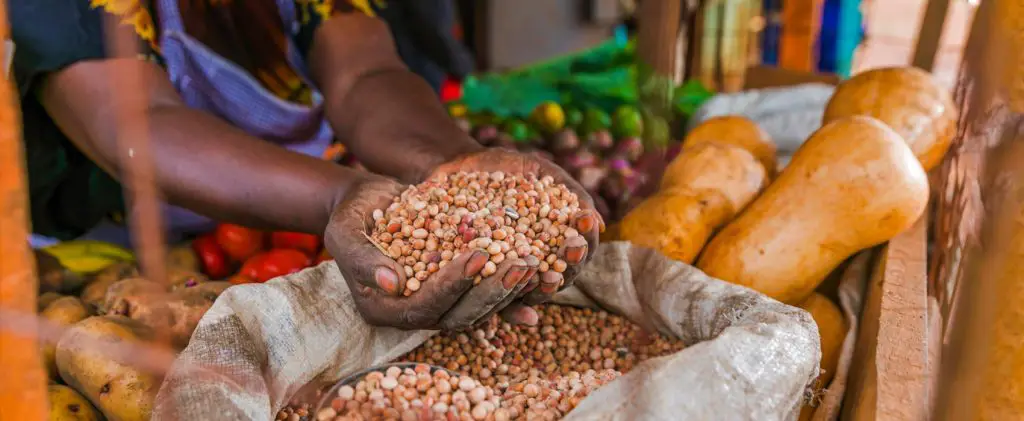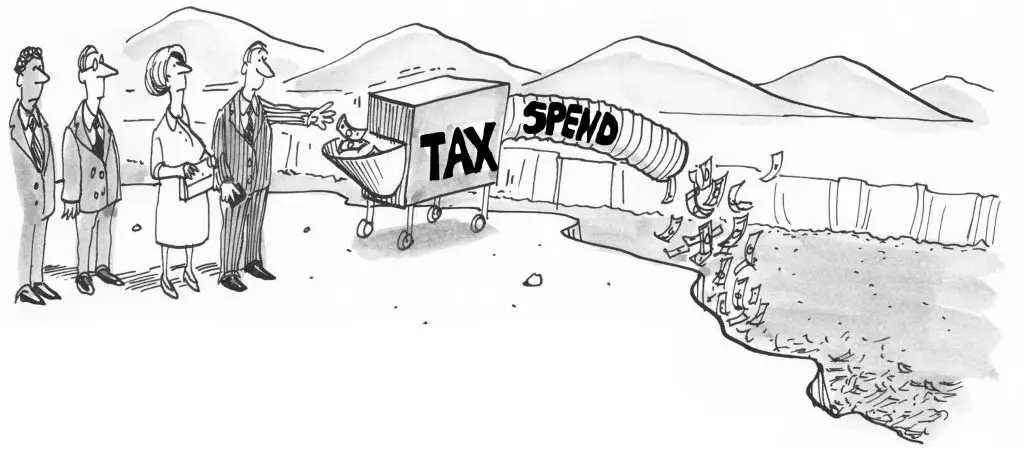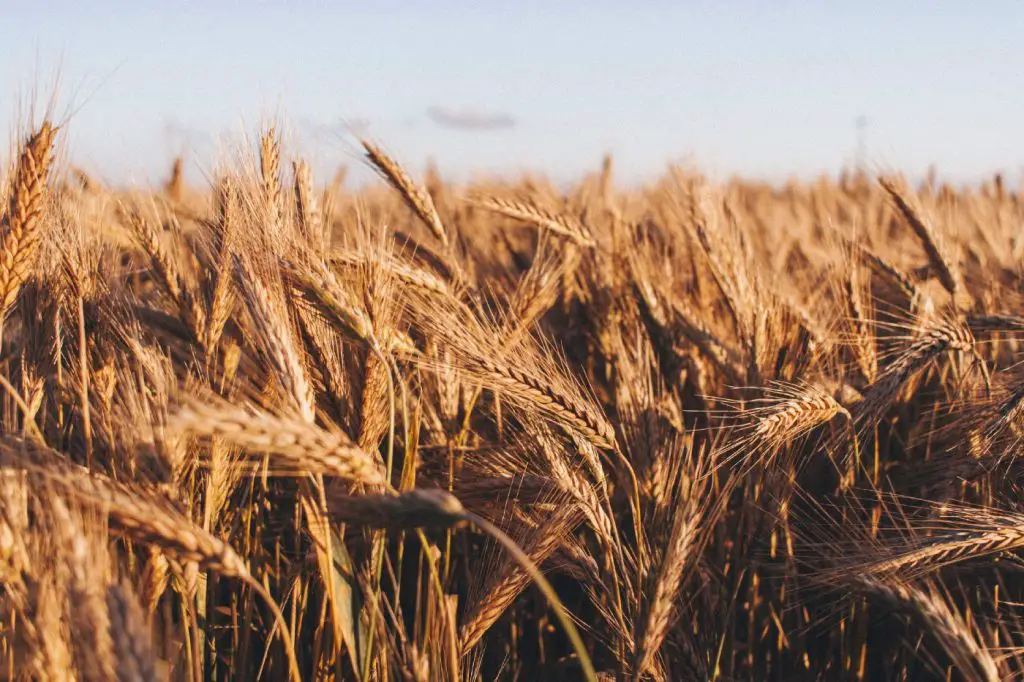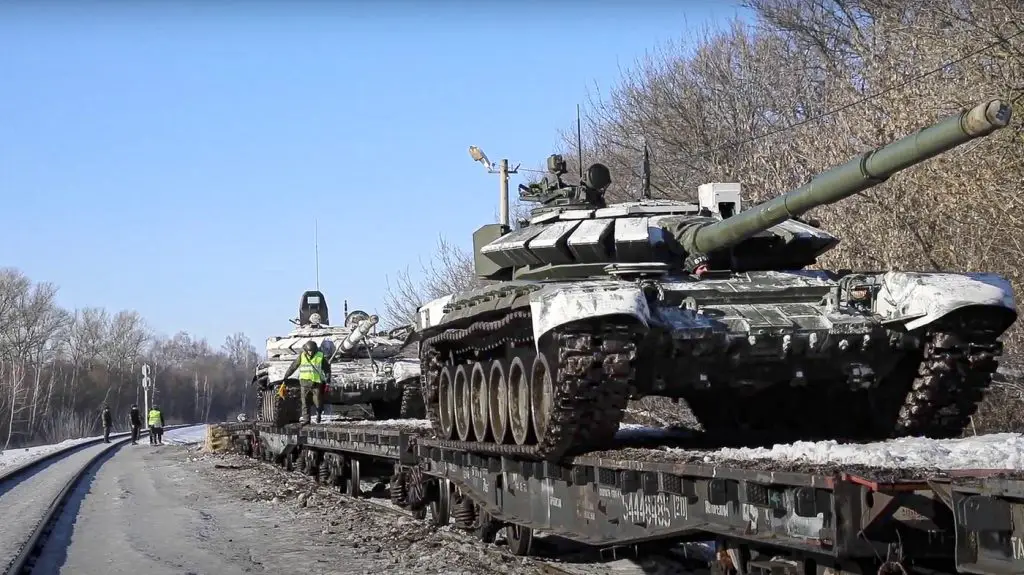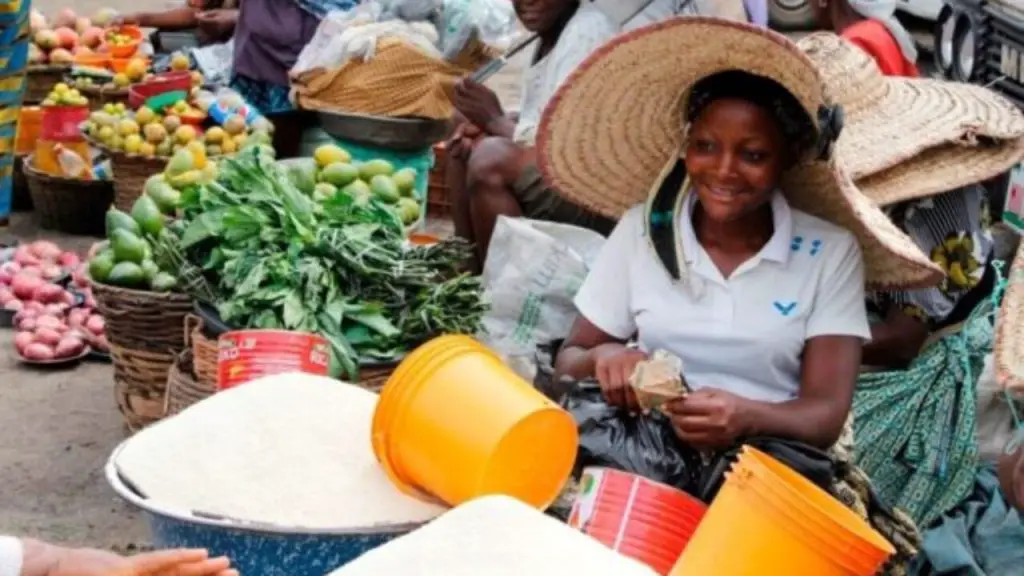- Africa’s new dawn: the rising role of digital and AI in agriculture
- Can Dangote Refinery Transform Africa Energy Ambition
- Gallup Survey: 80 per cent of Kenyan Workers Are Disengaged and Seek New Opportunities
- Madagascar Man Freed from 5KG Tumor After 15-Year Struggle
- How women in Africa are perceived and treated
- Sugar consumption in Kenya to Increase to 1.23 Million Tonnes
- Can Somalia and Turkey Oil deal Bring Change in Somaliland
- Remittances to Kenya dropped to $371.6 million in June, marking a six month low
Browsing: Ukraine
Russia’s invasion of Ukraine in February 2022 threw oil and gas markets into disarray. Consequently, the world experienced the first real global energy crisis during the uneven economic recovery from the COVID-19 epidemic. Russia’s inclusion in the OPEC+ group has hampered international attempts to manage the situation. This has made it harder to handle the significant inflationary effects of rising global fuel prices, particularly in developing nations.
Global fuel prices have risen exponentially in the last few months. The rise is hugely significant, as it has seriously aggravated the global cost-of-living crisis. African economies have particularly been on the receiving end. The continent has suffered from disrupted supply chains and a slowdown in the global economic outlook. Thus, rising energy costs complicate matters even further.…
- As a signatory to the ICC, South Africa is under a legal obligation to heed the warrant and arrest the leader of Russia.
- The European Union, as well as the United States, have all sent diplomatic envoys to South Africa urging the administration in Pretoria to broker some kind of peace talks.
- South Africa’s Minister of International Relations and Cooperation Naledi Pandor raised the issue of double standards in the ICC.
South Africa has extended an invitation to Russia’s President Vladimir Putin to attend the BRICS Summit later this year in South Africa amidst an arrest warrant issued by the International Criminal Court (ICC) on Putin for the invasion of Ukraine.
BRICS is made up of the world’s largest emerging economies of Brazil, Russia, India, China, and South Africa. The five countries will be holding their 15th annual summit in Durban South Africa later this year.
Following the issuance of …
At the close of 2022, between September to December, food prices soared around the world and with no signs of this abating in 2023, countries in Africa will have to move with speed to mitigate a looming food crisis.
Food inflation is particularly pronounced and severe in low-income and middle-income countries. According to most recent sector reports, up to 94.1% of low-income countries around the world suffer food inflation.
With increasing food prices, the cost of living is increasing, and it is no better in lower-middle-income countries of which 92.9% are contending with food inflation.
Also Read: Starvation, death threaten Horn of Africa stability
Even the upper-middle-income countries are also facing food inflation with 89% reporting unprecedented double-digit inflation.
According to the International Monetary Fund (IMF), maize prices in December 2022 went up by 27% while wheat shot up 13% higher compared to the same period in 2021.
As we …
- The Russia-Ukraine war has impacted Africa’s economic growth by increasing food shortage
- Africa is facing impending food crisis that will see over 140 million go hungry in 2023
- Economists remain optimistic Africa can recover against all odds
Economic growth in Sub-Saharan Africa (SSA) was projected to contract from 4.1% in 2021 to 3.3% in 2022, a regression caused by a general global economic slowdown.
Africa’s dependency on long supply chains left it vulnerable to adverse economic conditions in the global market and the global supply end. Covid-19 dealt the world a blow but Africa sailed through the storm, barely.
However, the Russia-Ukraine war disrupted grain and oil supply dumping Africa’s growth prospects notwithstanding that a number of African states are on the brink of a debt crisis.
Also Read: What does Russia’s invasion of Ukraine mean for Southern Africa?
Things were made worse with the ongoing catastrophic effects of global …
- Elon Musk Starlink satellite internet in Tanzania expected as early as first quarter of 2023
- Tesla to access nickel and cobalt from Tanzania’s Kabanga mines by 2025
- Tanzania, Kabanga form Tembo Nickel Corporation at 16% and 84% shares respectively
Elon Musk in Tanzania: Did you know, there are over 3250 satellites hovering in the Lower Earth Orbit over you? The number is not shocking, what is impressive is the entire satellite constellation is owned by a single company, Elon Musk’s Starlink.
In his ambitious effort to offer faster internet coverage globally, the world’s richest man actually plans to have as many as 42,000 satellites in the Lower Earth Orbit (LEO).
As we enter the New Year 2023, Tanzania is set to become the fourth African country to allow internet service provision from Starlink’s LEO satellites.
Even though Tanzania has already laid down some 7,910Km of fibre optic cable that …
Food security in Africa has always been the centre stage of all major global meetings. Photos of starving naked children have been paraded so much that hunger and Africa have become synonymous.
However, after years of talks, recommendations, solutions, funding, monitoring, evaluation, more talks, more recommendations, more funding…and then more years of new talks, new recommendations, new solutions, new funding… it’s exhausting; Africa is still hungry!
The cool acronyms, the endless list of organizations, the countless projects and initiatives, the billions upon trillions issued every year, its all mind-boggling.
Global Development Goals (GDG), Sustainable Development Goals (SDG), World Food Organisation (WFP), International Monetary Fund (IFM), World Bank (WB), African Development Bank (AfDB), Alliance for a Green Revolution in Africa (AGRA)…it goes on and on.…
Countries must continue to work to mitigate their vulnerabilities over time. This involves minimizing balance-sheet misalignments, establishing money and foreign exchange markets, and lowering exchange rate passthrough by increasing monetary policy credibility.
However, in the short term—while vulnerabilities remain high—the use of extra instruments may assist relieve short-term policy trade-offs when certain shocks occur. In particular, foreign exchange intervention, macroprudential policy measures, and capital flow controls may help increase monetary and fiscal policy autonomy, promote financial and price stability, and minimize output volatility if reserves are enough and these instruments are available.…
Dr. Tiberio Chiari, former Manager of the Agricultural Value Chains Programme in Oromia- Ethiopia, within the Ethio-Italian Development Cooperation Framework, offers some of these efforts that the government has implemented in the Ethiopian wheat value chain that other African countries can learn from.
Launch and execution of suitable growth policies
The government keeps working harder to ensure the country’s current dependence on wheat importation (of about 1.7 million tonnes) is fully nullified. After years of field experimentation, in 2021, the Ethiopian government launched its new plan.
The objective of the plan is to cut down the import of wheat by producing during the cold season in pastoral dry areas currently available in the Awash, Omo and Shebelle river basins. The approach includes the cultivation of 400,000 hectares of land and the deployment of a large-scale commercial farming model to achieve a productivity of 4.4 tonnes/ha.…
Every African region has felt the effects of Russia’s invasion of Ukraine, with West Africa also bearing the burden of a war miles away in Europe.
- At a period when West Africa has been facing a severe food crisis since 2011, the Ukraine conflict has complicated matters further.
- For most West African nations, the expenses of regulating rising prices are already too high.
- The West African economic crisis and the Russia-Ukraine scenario highlight the perilous linkages between diplomatic sanctions, commerce, and food security.
Africa’s post-Covid recovery hampered
The Russian-Ukrainian conflict has hampered Africa’s potential recovery from the COVID-19 pandemic by raising food and fuel costs, interrupting the trade of services and goods, constricting fiscal space, limiting green transitions, and slowing the flow of development funding across the continent.
The crisis has jeopardized homes, communities, and nations across Africa. Before 2020, African countries were among the world’s fastest-growing. The COVID-19 pandemic …
Rising costs have remained a critical issue in the aftermath of the outbreak. Data from the World Bank/NBS Nigeria – COVID-19 National Longitudinal Phone Survey 2020 reveals that food prices rose rapidly following the pandemic. In March and April, basic food commodity prices increased by 17.2 per cent and 18.37 per cent, respectively. According to the National Bureau of Statistics (NBS), the rise remains the highest in two years.
Recent findings based on comprehensive and long-term monthly food price data have revealed considerable price rises for all chosen food categories during the pandemic. Imported rice and wheat costs, for example, have climbed by 41% and 21%, respectively.
Wheat prices surged by 21% nationally, with considerable increases in price dispersion across markets when the epidemic began, and prices continue to grow.
Wheat is the main component of bread and other products such as noodles, pasta, semolina, and other Nigerian pantry staples. …






